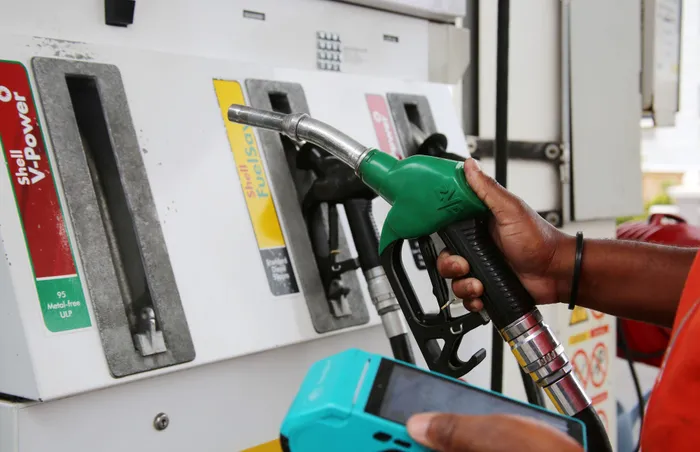Fuel price decrease brings relief to South African households and businesses

The agriculture sector, economists, and workers' trade unions have responded well following the news of a decrease in the petrol price which came into effect on Wednesday.
Image: Tumi Pakkies / Independent Newspapers
The agriculture sector, alongside economists and trade unions, have expressed optimism following the recent announcement of a fuel price decrease in South Africa.
Minister of Minerals and Petroleum Resources Gwede Mantashe, revealed on Friday that the reductions apply to all grades of petrol and diesel, with petrol prices seeing a reduction of 22 cents per litre and diesel dropping by as much as 42 cents per litre.
An economics professor at the North-West University, Waldo Krugell, said even modest reductions in fuel prices can lighten household budgets.
“In the macro picture, it also helps to keep the average inflation rate low. It is good news for households and businesses,” Krugell said.
“In addition, we were worried about the impact of the VAT rate increase, but that is now off the table. With these positives, consumption spending may still make a significant contribution to driving economic growth this year.”
Abigail Moyo, spokesperson of the trade union UASA, said that the decrease in fuel prices was excellent news for motorists, commuters, and businesses, especially those in agriculture.
“Lower fuel prices provide financial relief to South Africans and substantially impact inflation, which affects the overall cost of living.”
Moyo added that for the agriculture sector, the lower cost will help reduce production costs during increased fuel demand due to the summer crop harvest and the planting of winter crops.
“Fuel accounts for nearly 13% of input costs in grain production. UASA is pleased that this decrease in fuel prices will help contain food inflation and overall headline inflation, providing the South African Reserve Bank with the opportunity to lower or maintain interest rates at beneficial levels for consumers.”
Congress of South African Trade Unions (Cosatu) spokesperson Matthew Parks said the fuel price decrease will provide relief for millions of workers and commuters struggling to cope with the rising costs of living.
“Whilst appreciating this relief, it’s critical that the government returns to engagements at Nedlac on further measures to reduce the costs of fuel,” he said.
Parks added that it’s equally critical that measures to support Eskom to provide affordable electricity be expedited and similarly measures to ensure Transnet and Metrorail return to full productivity to help shield food and passenger rail from inflation.
Mervyn Abrahams, co-ordinator for the Pietermaritzburg Economic Justice and Dignity (PMBEJD), said that petrol was one of the important components in the food ecosystem because it ensured the movement of goods from the production point to the consumption point, with other factors also coming into play.
“Our household affordability index has shown that food prices continued to climb in April. While this fuel price drop is the fourth one in the year, this does not seem to have filtered through to consumers. We would like to see consumers benefiting from the fuel drop.”
Abrahams added that there should not be a compromise on food and access to food because of fuel prices.
Wandile Sihlobo, chief economist of the Agricultural Business Chamber of South Africa (Agbiz), said that the easing of the fuel price came at a critical time for South Africa’s agriculture.
“Fuel consumption generally occurs throughout the year, but harvesting is one of the highest usage periods. We are harvesting grains, oilseeds, and citrus. The underpinning driver of the decline in fuel prices is the decrease in Brent crude oil prices, which are influenced by increased oil output in major producers, among other factors,” he said.
BUSINESS REPORT